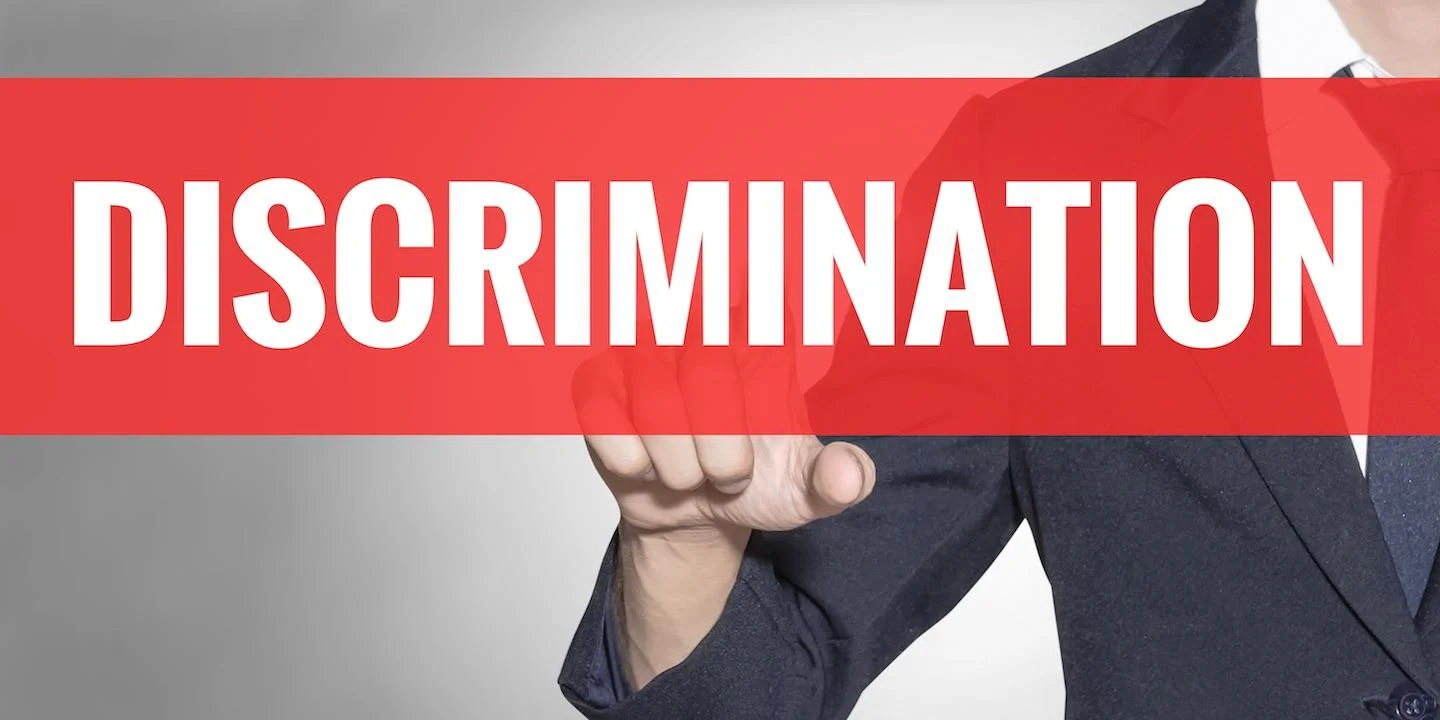HARRISBURG — The Commonwealth Court recently ruled that the Pennsylvania Human Relations Commission has the right to review a racial discrimination case filed against a Catholic college.
On April 7, the Commonwealth Court of Pennsylvania ruled that the group can review Chestnut Hill College’s decision to expel Allan-Michael Meads, an African-American former student.
Meads filed a complaint with the Commission, alleging the Philadelphia college expelled him based on racial discrimination in violation of the Pennsylvania Human Relations Act (PHRA) and the Pennsylvania Fair Educational Opportunities Act (PFEOA), according to court records.

The complaint suggested the college discriminated against Meads by expelling him for alleged theft while allowing white students accused of similar crimes to remain at the school.
In July 2016, the Commonwealth Court granted the college’s permission to appeal from the Commission’s order that denied a motion to dismiss the case based on lack of jurisdiction. The court granted the appeal to determine whether Catholic colleges are “public accommodations” under the PHRA; whether the First Amendment of the U.S. Constitution precludes application of the PHRA to discipline and expulsion decisions of Catholic colleges and universities; and whether the PFEOA was unconstitutional as applied to the disciplinary and expulsion decisions of Catholic colleges, according to court records.
At that time, the court denied Mead and the Commission’s requests to reconsider the ruling allowing an appeal. Instead, the court stayed the matter pending the resolution of the college’s appeal.
The court determined that the college’s argument that applying the PFEOA was inappropriate on religious grounds assumes that all of the school's disciplinary decisions are based on Catholic doctrine. However, the court stated that the college did not support its claim that expulsion decisions at a Catholic college are entitled to religious deference.
The college “is not categorically excluded from the definition of ‘public accommodation’ based on the similarity of Catholic colleges to parochial primary and secondary schools," the court wrote in its decision. "We decline to extend Roman Catholic to exclude Catholic colleges from commission jurisdiction over discrimination complaints."
The court further stated that the student’s racial discrimination claims are susceptible to decision under neutral principles of law, and the Commission, as the fact-finder, can make that determination.
“Failing to articulate how the Act or PFEOA infringe its religious autonomy, college did not meet its threshold burden for a claim under the religion clauses of the First Amendment," the court said in its decision. "Moreover, were this Court to construe the First Amendment as college requests, any church-related institution’s decisions would be immune from suit based on unexplained references to church doctrine."
After concluding that the college failed to make its case, the state court affirmed the denial of the motion to dismiss and remanded the case back to the Commission for further proceedings.
